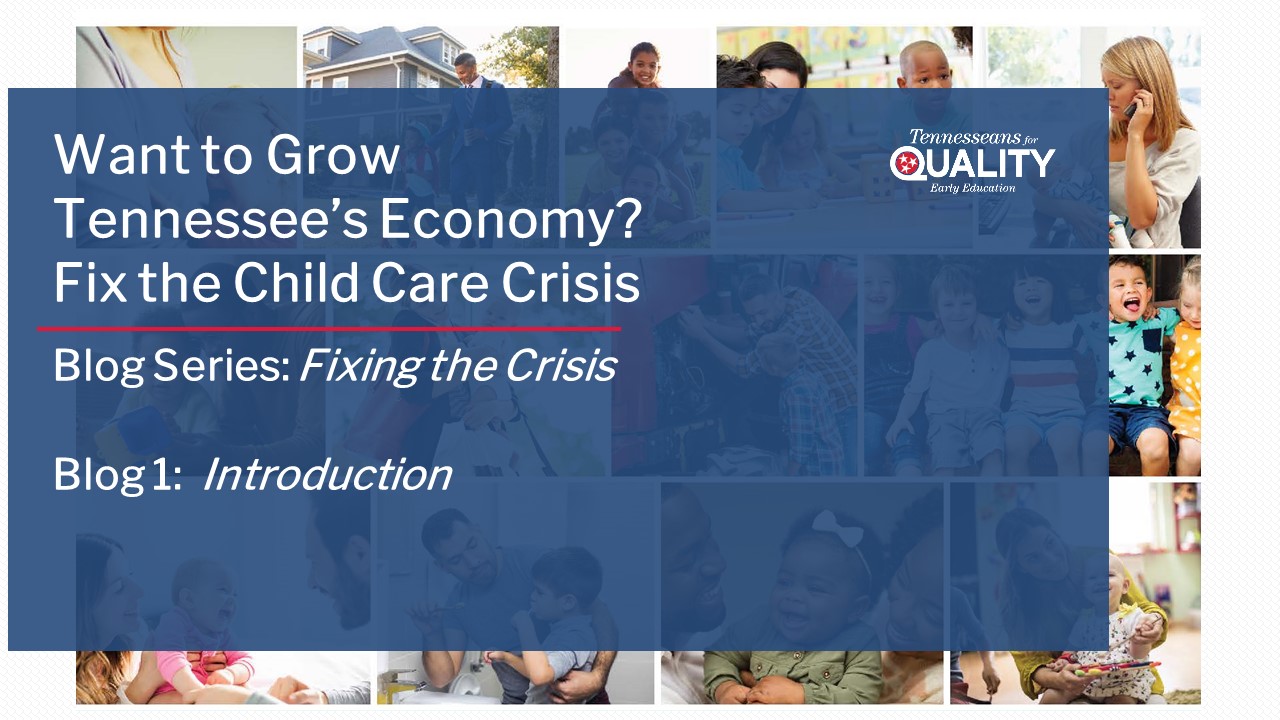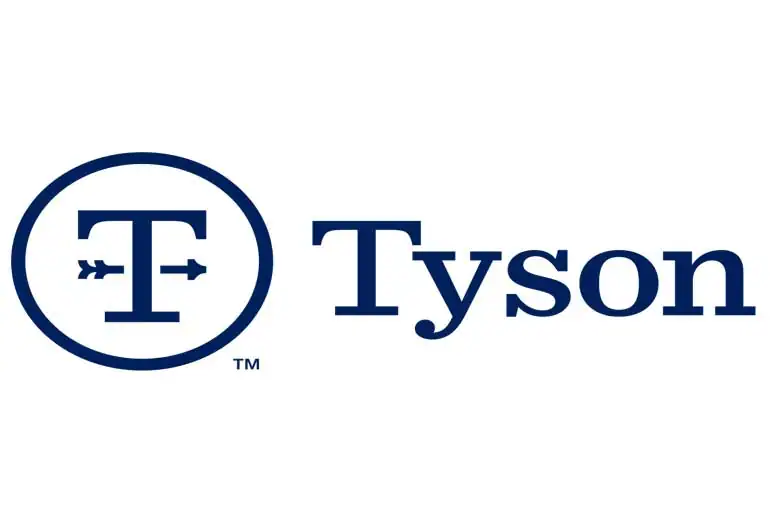Having published the report, Want to Grow Tennessee’s Economy? Fix the Child Care Crisis, TQEE is now dedicated to doing just that. The study revealed that Tennessee’s child care system is rife with problems of affordability, quality and access. Fixing it will require more than tweaks to component parts. The child care system is a complex system. What’s needed is a sophisticated new set of strategies and incentives that work in tandem to promote high quality, affordable child care while also motivating owner/operators to enter and grow in the marketplace.
Getting the desired outcomes begins with recognizing that there are four roles for child care in Tennessee’s economy: It’s a business, a job, an early education, and a crucial work support for working families.
- Child care as a business. Tennessee has a large child care industry sector, made up primarily of home based, sole proprietors, and needs to grow substantially to meet market demand. According to a report from CED, there are 13,185 market-based child care providers with revenue of $752 million in Tennessee; down 11.4% since 2010. At the same time, 48% of Tennesseans live in a child care desert, and 65% of parents with children under age 5 report difficulty accessing suitable child care. Part of that is because the business model of operating a child care can be challenging, keeping costs affordable to parent customers while paying child care workers or oneself enough to make a decent living. The majority of providers are small businesses which, like most across all industries, could benefit from general business development support, or shared back office services. (See our blog on The Shared Services “Hub” Model for Child Care). Furthermore, child care is still largely a pencil and paper operation, and therefore ripe for technology adoption and innovation. (See our blog on How Technology Can Be a Game-Changer for Child Care). Finally, like any business with naturally slim margins, incentives and subsidies can make a world of difference in motivating business owners to expand and grow. Ensuring that government subsidies match the actual costs of quality care would immediately accelerate growth in the marketplace. With today’s very high and steady market demand — combined with the right government incentives, adoption of new business-friendly practices, and targeted business development support — child care could become an even more robust contributor to Tennessee’s economy and a source of income and economic mobility for entrepreneurs.
- Child care as a job. In terms of jobs, there are 28,430 sole proprietors and wage and salary employees in the child care sector, bringing in $360 million in earnings and compensation. The challenge now is that most child care providers struggle with a business model in which keeping tuition affordable for families often means paying the child care workforce low wages. According to Indeed.com online job listing service, the average salary for a “Daycare” Teacher is $9.25 per hour in Tennessee, which is 11% below the national average. The typical tenure for is less than 1 year. Workforce training and retention are both central to ensuring quality care; but if the work doesn’t pay competitive wages, people are much less likely to enter and stay in the job. With the right government incentives for child care businesses, combined with more targeted, creative use of workforce training programs in high schools and post-secondary education, employment and sole proprietorship in this sector could become a more appealing and family-sustaining career option.
- Child care as early education. In Tennessee there are more than 300,000 children under age 6 with all available parents in the workforce. That means they are spending time in child care during the crucial early years when the human brain experiences its most significant growth. The quality of the child care setting is either impeding or advancing that brain development. A massive body of research has documented impressive returns on investment for high quality early education programs of $7-13 for every $1 invested from longer-term positive effects on employment, health, criminal activity, and dependence on government assistance. The quality of the care is 100% dependent on the quality of the teacher workforce. Investments in the training and development the child care workforce, combined with new business models and incentives that ensure child care workers can earn a decent living, will go a long way toward ensuring that child care is of the quality that our children need and deserve.
- Child care as a crucial support for working families. Finally, as revealed in our groundbreaking report, Want to Grow Tennessee’s Economy? Fix the Child Care Crisis, working parents of young children are struggling with work participation and productivity challenges due to child care, with an adverse impact on their earnings of $850 million annually. But the challenges of finding child care that is affordable, accessible and high quality are immense, especially for low-income and middle-income families. Fixing this crisis for them depends on fixing child care as a job, a business and an early education. Getting that right will improve economic mobility for Tennessee’s working families, strengthen the state’s business productivity, and help ensure our children are prepared to be our workforce of tomorrow.
It’s time to rethink our state’s child care system. Tackling the child care crisis is doable, but requires development of a sophisticated strategic plan that factors all of the complexities, component parts and multiple stakeholders in the system. This job is not the job of one department of government, or one business sector. It requires systems thinking, public and private sector engagement, more effective use of government resources, and de-siloing of government departments.
Our hope is for Governor Lee to make tackling this crisis a priority and for his administration to play a leadership role in marshaling the public and private sector together to develop a new plan for child care in Tennessee.
Today we launch a blog series, “Fixing the Crisis” in which we offer up ideas for the kinds of strategies that might be included in such a strategic plan, and some of the public resources available to invest in solutions. We’d love to hear your thoughts too. Share them with us by posting your comments!
View the other solutions series posts:
BLOG 2: Government Resources Available to Fix the Child Care Crisis
BLOG 3: Share Services Networks: A Smart Solution for Growing More Affordable, High Quality Child Care
BLOG 4: How Technology Can Be A Game Changer for Child Care
BLOG 5: Business Strategies for Supporting Employee Parents





